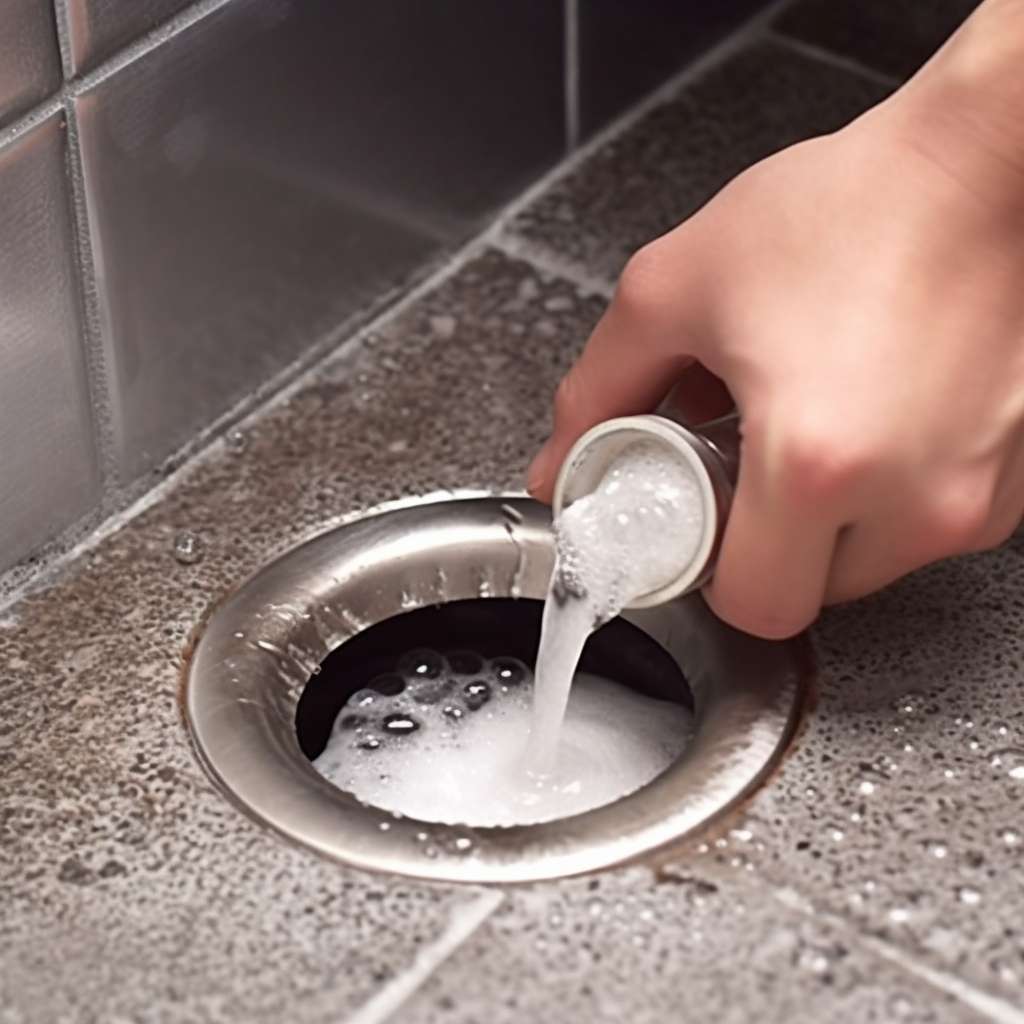The Ultimate Guide to Odor Eliminators: Freshening Your Home Naturally
Unpleasant odors can turn a comfortable home into an unwelcoming space. Whether it's pet smells, cooking odors, or musty scents, finding an effective odor eliminator is crucial for maintaining a fresh and inviting atmosphere. This comprehensive guide will explore various odor elimination methods, from natural solutions to advanced air purification technologies, helping you choose the best option for your home.

Some common mechanisms of odor elimination include:
-
Adsorption: Activated charcoal and other porous materials trap odor molecules on their surface.
-
Oxidation: Ozone generators and other oxidizing agents break down odor molecules into less offensive compounds.
-
Enzymatic action: Biological odor eliminators use enzymes to break down organic odor sources.
-
Neutralization: Chemical agents react with odor molecules to form odorless compounds.
Understanding these principles can help you choose the most effective odor elimination method for your specific needs.
What are the most effective natural odor eliminators for the home?
Natural odor eliminators offer a safe and eco-friendly alternative to chemical-based products. Some of the most effective natural options include:
-
Baking soda: An excellent absorbent that can be sprinkled on carpets, upholstery, or placed in open containers around the home.
-
White vinegar: Its acidity helps neutralize alkaline odors. Place bowls of vinegar in problem areas or use it as a cleaning solution.
-
Activated charcoal: Highly porous and effective at trapping odors, activated charcoal can be placed in sachets or open containers.
-
Essential oils: Certain oils like tea tree, lavender, and lemon have natural deodorizing properties and can be diffused or mixed with water for a spray.
-
Fresh coffee grounds: They absorb odors and leave a pleasant aroma. Place them in bowls or sachets in affected areas.
These natural solutions are often readily available and can be used in combination for enhanced effectiveness.
How do air purifiers contribute to odor elimination?
Air purifiers play a significant role in odor elimination by removing airborne particles and gases that cause unpleasant smells. High-quality air purifiers typically use a combination of technologies to address different types of odors:
-
HEPA filters: While primarily designed to remove particulate matter, HEPA filters can trap some odor-causing particles.
-
Activated carbon filters: These are highly effective at absorbing gases and chemical odors.
-
UV-C light: This technology can kill odor-causing bacteria and mold spores.
-
Photocatalytic oxidation: This advanced method breaks down odor molecules using light and a catalyst.
When choosing an air purifier for odor elimination, look for models that specifically mention odor reduction capabilities and feature activated carbon filters.
What are the best cleaning practices for long-term odor control?
Maintaining a clean home is crucial for long-term odor control. Implement these cleaning practices to minimize persistent odors:
-
Regular vacuuming: Use a vacuum with a HEPA filter to remove odor-causing particles from carpets and upholstery.
-
Prompt spill cleanup: Address spills immediately to prevent odor-causing bacteria growth.
-
Proper ventilation: Open windows regularly to allow fresh air circulation.
-
Washing fabrics: Regularly launder curtains, throw pillows, and other fabric items that can trap odors.
-
Deep cleaning: Schedule periodic deep cleaning for carpets, upholstery, and hard surfaces.
-
Pet hygiene: Maintain proper pet hygiene and clean litter boxes or pet areas frequently.
-
Trash management: Use sealed trash containers and dispose of garbage regularly.
Consistency in these practices will significantly reduce the need for odor eliminators and maintain a fresher home environment.
How do commercial odor eliminators compare to natural methods?
Commercial odor eliminators and natural methods each have their strengths and limitations. Here’s a comparison to help you make an informed choice:
| Method | Effectiveness | Safety | Cost | Longevity |
|---|---|---|---|---|
| Natural (e.g., baking soda, vinegar) | Moderate | Very High | Low | Short-term |
| Commercial sprays | High | Moderate | Moderate | Short to medium-term |
| Plug-in air fresheners | Moderate | Moderate | Moderate | Medium-term |
| Air purifiers | High | High | High | Long-term |
| Activated charcoal products | High | Very High | Low to Moderate | Medium to long-term |
Prices, rates, or cost estimates mentioned in this article are based on the latest available information but may change over time. Independent research is advised before making financial decisions.
Commercial products often provide more immediate and powerful odor elimination, but they may contain chemicals that some users prefer to avoid. Natural methods are generally safer and more cost-effective but may require more frequent application. Air purifiers offer a long-term solution but come with a higher initial investment.
Ultimately, the best approach often involves a combination of methods tailored to your specific odor issues and preferences. For persistent or severe odor problems, it may be worthwhile to consult with a professional cleaning service or air quality specialist to develop a comprehensive odor elimination strategy.






